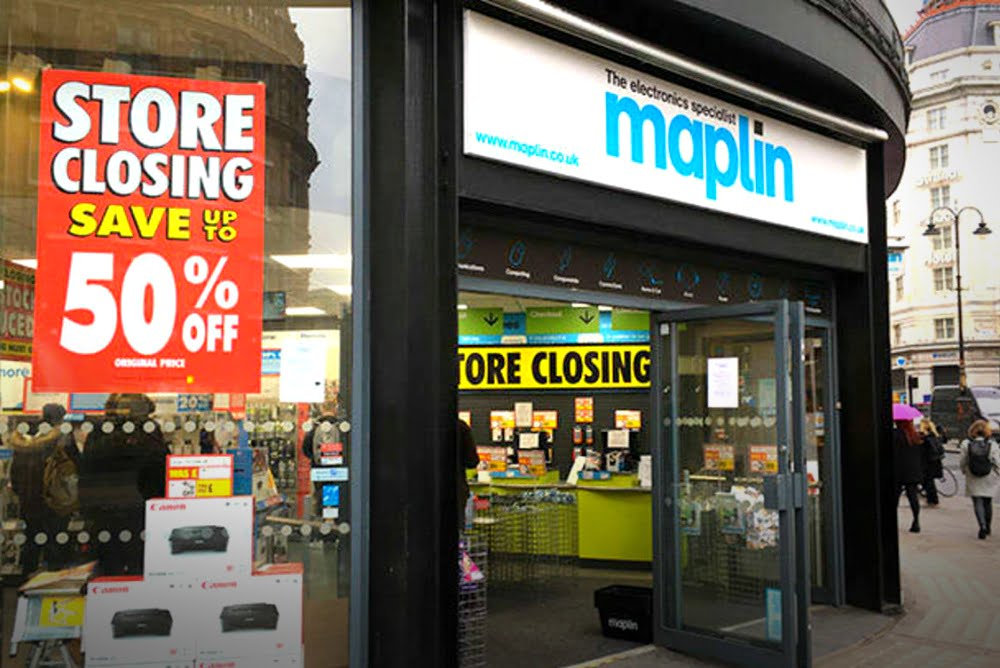Workers in the retail sector are seeing their jobs cut, pay squeezed, and work intensified as pressure mounts on Britain’s high streets.
The general crisis in the retail sector has already claimed giants like Toys ‘R’ Us, BHS and Maplin.
House of Fraser is the latest big high street name to collapse, with the famous department store chain announcing last week that it is to close over half its stores, affecting 6,000 jobs.
This follows quickly in the footsteps of Homebase, which was recently sold off for £1 to a “turnaround” company. In plain speak, this is a vulture firm prepared to strip the company down to its bare bones in order to squeeze out every remaining drop of profit for the owners. BHS went the same way.
If £1 is the going rate these days, we could nationalise all the top companies in the UK for the grand sum of £150!
Even the ‘Big Four’ supermarkets are not immune to this current crisis, with the second largest – Sainsbury’s – proposing to merge with number three, ASDA. That will add Sainsbury’s to the portfolio of the international retail titan, WalMart, which already owns ASDA.
Inside those companies that manage to hang on, it is not all pay bonuses and relaxed shifts – unless you are a boss, that is.
If the company is facing tough times, the responsibility to work harder, longer and for less is put on the workers. Pay growth is restructured to reflect “performance”, while performance is redefined to mean doing the work that used to be done by two, three, or maybe more formerly specialised workers. All for a measly £7-8 an hour.
In the face of these volatile changes in the retail sector, the shopworkers’ union USDAW cannot just pass bad news down from the top. Under pressure from the left, USDAW recently adopted demands for: a £10 per hour minimum wage; an end to zero-hour contracts; and a guaranteed minimum of 16 hours work a week.
These are welcome changes that must be pushed for by the whole of the labour movement, in order to protect the lowest-paid, most casualised workers.
These measures would be life-changing to the millions who work in retail. USDAW must go on the offensive to win them, fighting against the resistance of the CEOs and shareholders.
We need to link up and offer our full solidarity to those engaged in similar battles against low pay elsewhere. For example, distribution workers at the Dagenham Tesco centre have been out on the picket line demanding a 15% pay rise. Meanwhile, strikes by low-paid workers at McDonald’s, Picturehouse cinemas, and elsewhere have shown that there is a mood to fight back.
Ultimately, we must campaign to nationalise the big retail giants and place them under democratic workers’ control. This is the only genuine fix to the ongoing crisis on Britain’s high streets.






